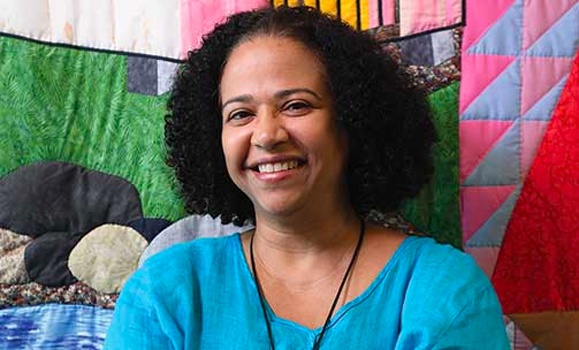Since its launch 30 years ago, Dalhousie’s Indigenous Blacks and Mi’kmaq (IB&M) Initiative has seen more than 200 of its graduates go on to pursue careers in all areas of the legal profession from private practice to the upper echelons of the Nova Scotia judiciary.
That’s a far cry from how the legal community in the province looked in 1989, when the federal government’s Marshall Commission and Dal-led Breaking Barriers reports both called for measures to increase representation of African Nova Scotians and Mi’kmaq in the justice system. At that time, there were just a few dozen practicing Black lawyers in Nova Scotia and a single Mi’kmaw graduate of Dal’s law school.
Dal answered the calls to boost representation by putting further support into the law school-run IB&M initiative, then in its early days. With its mix of funding, academic supports and community connections, the program is still one of the only of its kind at a law school in Canada.
“I think you’d be hard pressed to find another initiative quite like this,” says Schulich School of Law faculty member Michelle Williams, who has been IB&M’s executive director since 2004 —half the program’s existence. “I think we’ve seen really great success across the legal profession and on broader justice issues as a result."
Marking a milestone
Prof. Williams had a chance to spread the word about some of those successes for a national audience this fall at a 30th milestone event during the Canadian Association of Black Lawyers conference in Halifax in mid-October. Attendees at the conference, alumni and others from the community were invited to the law school for the day as part of the gathering to learn more about IB&M alumni and some of the work they’ve done across a range of fields to help further reduce discrimination in the legal system.
And later in October, a roundtable event held at the Mi’kmaq Native Friendship Centre helped introduce Mi’kmaw youth, prospective law students, and current law students to some of those IB&M alumni and inform them about how the initiative helps formalize connections between students and the ongoing work on the ground through things like internships, part-time work, summer articling, and more.
“That was a really great opportunity to have everyone come together at the various stages in their legal careers,” says Prof. Williams. “Perhaps most exciting was to have potential law students there being able to see themselves in the students and alumni and hope that they’ll join us at some point.”
Prof. Williams mentions the work alumni Chief Paul Prosper of Paqtnkek First Nation and Millbrook’s Heather McNeill Q.C., a long-time lawyer with Dalhousie Legal Aid, have done to help advance changes in Mi’kmaq and Indigenous governance over child welfare as one example of this broader impact. IB&M students have been actively involved in the project, one even serving as a youth project coordinator while still a student.
“There’s a nice ability to link research that’s happening by students or opportunities for them to do internships with our alumni and, for example, First Nations organizations to further the work in substantive areas that are of concern to our community,” she says.
Nurturing ambition
Up to 12 students enter law school at Dal each year with funding through IB&M, many with what Prof. Williams calls a “thirst for justice in the broadest sense.” She says the IB&M family is there to help nurture those ambitions.
Today, as the initiative moves ahead, it does so with greater Indigenous Black and Mi’kmaq representation in the legal community than ever. There are now 64 Mi’kmaq or Aboriginal members of the Nova Scotia Barristers Society and 79 who are African Nova Scotian or Black. An alum, Angelina Amaral, chairs the society’s Truth and Reconciliation Committee and others hold similar positions within the organization and in other areas across the legal system.
As Prof. Williams looks to IB&M’s future, she does emboldened by the initiative’s past successes.
“When you have those conditions that enable the elements, particularly the people, to come together, I think that’s where the magic happens.”

